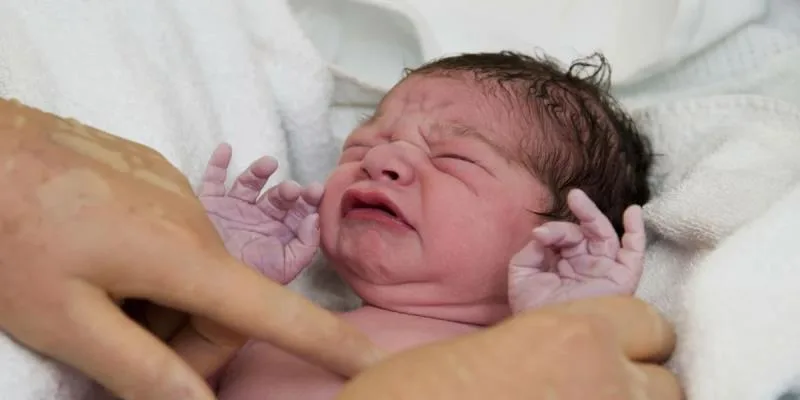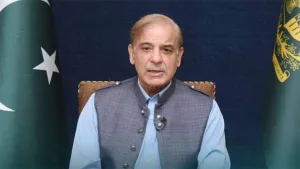Pakistan is ramping up its hepatitis B vaccination efforts as part of a broader strategy to combat liver disease and meet global health targets. With an estimated four million people exposed to the hepatitis B virus nationwide, the government is working to expand immunization coverage and reduce transmission rates.
The Expanded Programme on Immunization (EPI) introduced the hepatitis B vaccine in 2009, replacing older formulations with a more effective combination. Under the current schedule, children receive three doses—at 6, 10, and 14 weeks of age—free of charge. However, coverage gaps remain, especially in rural and underserved areas.
According to recent data, only 45% of newborns received the crucial birth dose of the hepatitis B vaccine within 24 hours—a key intervention to prevent chronic infection and liver cancer later in life. Experts stress that timely vaccination is essential, particularly in high-prevalence regions like Sindh and Balochistan, where infection rates exceed 10% in some communities.
Challenges to vaccine coverage include:
- Limited access to healthcare facilities
- Shortages of trained staff
- Social stigma and misinformation
- Funding constraints for outreach programs
To address these issues, Pakistan’s Ministry of Health, in collaboration with the World Health Organization (WHO), has launched the National Hepatitis Elimination Programme, aiming to screen 80 million people and treat 5 million patients by 2027. The initiative also promotes safe injection practices, community-based screening, and public education to dismantle barriers to care.
With hepatitis B and C responsible for thousands of deaths annually, the push for improved vaccine coverage is a critical step toward achieving the 2030 global elimination goals. Health officials urge parents to ensure timely immunization and call for stronger inter-agency coordination to protect future generations.




+ There are no comments
Add yours